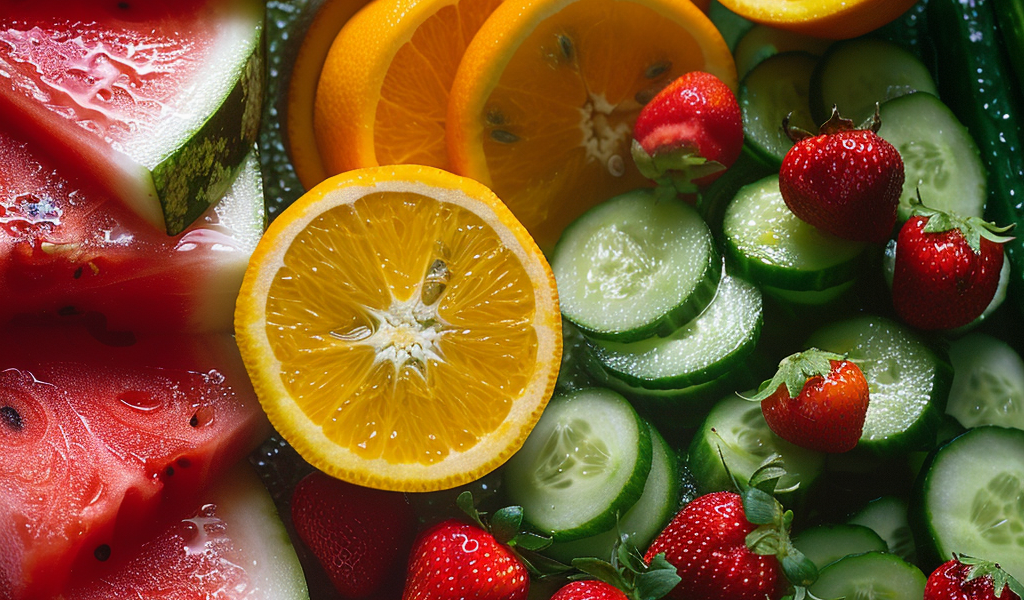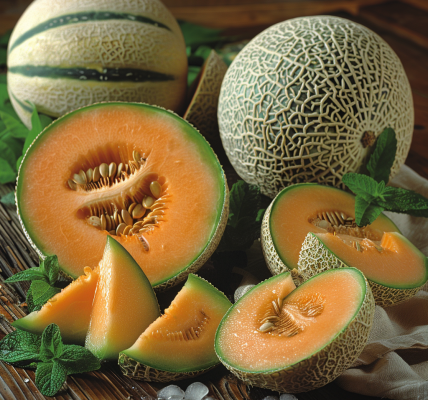As we approach the summer months, staying hydrated becomes increasingly important. While water is essential, incorporating electrolytes into your diet is crucial, especially if you are exposed to heat for extended periods. Electrolytes can be found in sports drinks, supplements, and specific foods, aiding in hydration and replenishing lost minerals due to sweating.
Fortunately, many foods are not only hydrating but also rich in electrolytes and nutrients, making them ideal choices to quench your thirst and maintain your health. To help you navigate the array of options, we consulted with a nutrition expert to identify the top foods that should be a staple in your fridge for optimal hydration benefits.
How to Determine Your Hydration Level
Hydration requirements vary depending on factors such as body size, activity level, and sweat rate. According to Gabriela Barreto, a registered dietitian and sports nutritionist, two key indicators of hydration status are thirst and urine color. Barreto advises, ‘Drinking when thirsty is generally sufficient for most individuals to stay adequately hydrated. In terms of urine color, aim for a pale yellow shade.’ Exceptions to this guideline include the first morning urine, which tends to be darker, and the consumption of vitamin B supplements, which can cause urine to appear bright yellow.
In addition to water and food, Barreto suggests considering a hydration supplement like Skratch, particularly for individuals with active lifestyles, athletes, or those exposed to high temperatures outdoors. She explains, ‘Using a hydration product can enhance your body’s water retention. I recommend a product containing 300 to 500 milligrams of sodium and around 20 grams of carbohydrates.’ While electrolyte drinks without carbohydrates aid in rehydration, they may not be as effective. Therefore, carefully review product labels to select the most suitable option based on your requirements.
Top Hydrating Foods to Include in Your Diet
While most foods contain water to some extent, fruits and vegetables are renowned for their high water content. To maximize the hydrating benefits of these foods, adhere to standard dietary recommendations. Barreto advises, ‘Current dietary guidelines advocate for two to three servings of fruits and three to four servings of vegetables per day.’
By incorporating hydrating foods into your diet, you can ensure proper hydration levels, especially during hot weather or periods of physical exertion. These foods not only offer hydration but also essential nutrients, making them a valuable addition to your daily meals.





